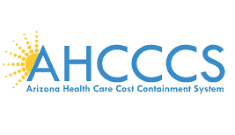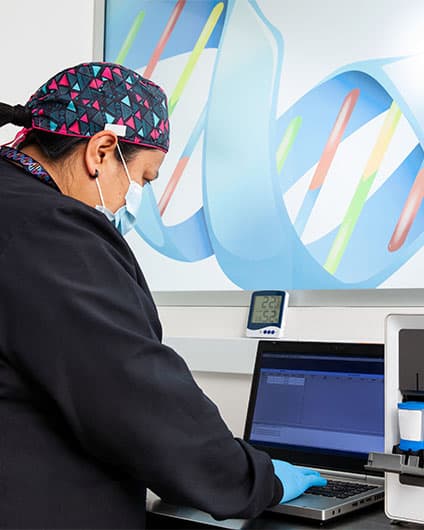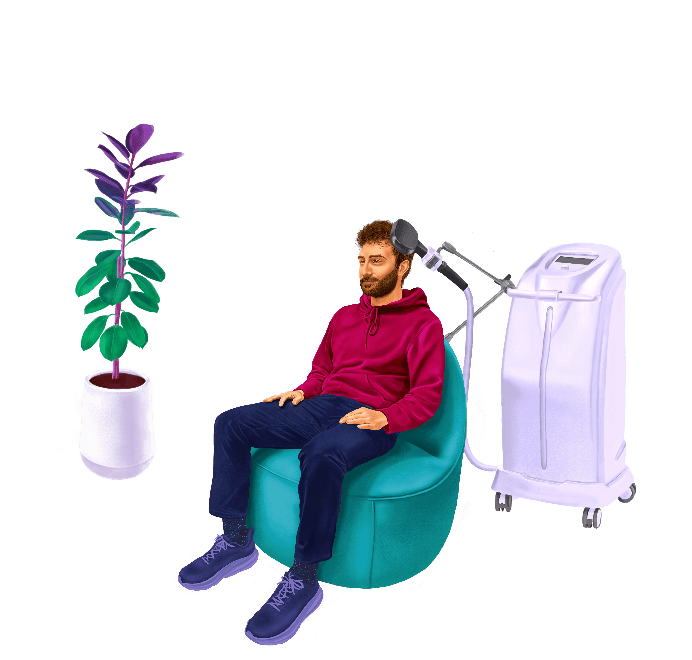
TMS at Ahwatukee Behavioral Health & Wellness
Ahwatukee Behavioral Health & Wellness provides TMS treatment to patients in Ahwatukee, Arizona and the surrounding greater Phoenix area. Each TMS treatment session generally takes under 30 minutes, and individuals who are receiving TMS treatment often begin experiencing relief as early as the second week of treatment.
At Ahwatukee Behavioral Health & Wellness, each patient receives customized treatment plans and options that offer multi-disciplinary, integrated care. Therefore, patients who receive TMS may also receive psychiatric medication management, traditional therapy, family therapy, and/or group therapy.
Studies show that when TMS is combined with therapy and other forms of mental and behavioral health care, the benefits can exceed isolated forms of care. Indeed, studies show that TMS is most effective when it is administered simultaneous to psychotherapy, because they produce synergistic antidepressant effects.



















